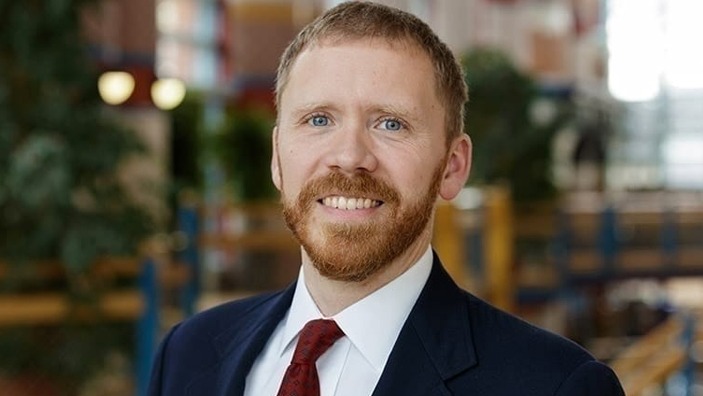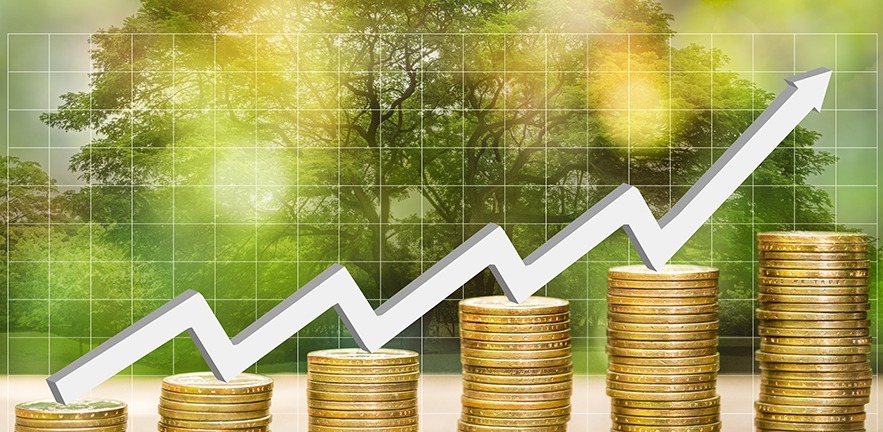Management Practice Associate Professor
Director of the Executive Master of Accounting Programme
BS, MBA (Brigham Young University), PhD (Wharton School of Business)
My research interests include disclosure regulation, regulatory enforcement, financial reporting choices, and accounting-based capital markets research. I was previously a Senior Instructor at the University of Colorado Boulder.
I’m a member of the Accounting subject group at Cambridge Judge Business School, which focuses on the creation, dissemination, interpretation, use, and governance of financial information, and examines how business managers utilise information to make strategic decisions.

Previous appointments
Michael was previously a Senior Instructor at the University of Colorado Boulder.
Awards and honours
- Robert S. Wasley Teaching Award, Leeds School of Business, University of Colorado Boulder, 2015
News and insights
Insight
Accounting for climate change
Accounting for rising sea levels and other uncertain effects of climate change present significant new challenges to companies and accountants, says Dr Michael Willis, Director of the Master of Accounting (MAcc) programme at Cambridge Judge Business School. For some time, companies have been required to disclose the financial impact of certain environmental liabilities and risks – for example, a mining firm’s cost estimate of restoring mined land to its initial state after minerals are extracted. This already makes for very complicated number-crunching, because the timing and amount of expenditure are all highly uncertain. But it may be that we’ve seen nothing yet in terms of complexity when it comes to accounting for environmental factors. Instead of estimating a company’s future cost of land restoration, what if firms instead had to predict how their assets, operations and supply chains may be affected by sea levels that rise X feet from current levels due to climate change? How about X feet times two? Changes in weather patterns or precipitation could make certain raw materials more scarce and therefore much more expensive. This could be very disruptive for a firm that relied heavily on a few natural resources as inputs – for example,…
Accountants may seem unlikely warriors in the frontline of the climate change challenge, but the outlook is set fair for their role to become increasingly crucial. Climate change and other environmental unknowns could be said to be some of the biggest challenges facing our species. And, in turn, these unknowns ask tough questions of something also very important to us – financial stability. Investors are increasingly demanding transparency on environmental risk from the organisations they trust to manage their money. This imperative recently led the Financial Stability Board (FSB) to create a Task force on Climate-related Financial Disclosure (TCFD), which has now set out voluntary recommendations for how public companies should report to investors on risks and opportunities relating to climate change. The University of Cambridge Centre for Financial Reporting and Accountability (CFRA) will make environmental financial reporting the subject of its first conference in April 2019. Cambridge Master of Accounting (MAcc) Programme Director Mike Willis says the choice of subject reflects one of the growing issues in financial reporting: "It's no secret that corporations' activities can have an impact on the environment, and for some time, firms have been required to disclose the financial impact of certain environmental liabilities…
As global mergers and acquisitions get set to accelerate over the coming years, accountants will find themselves busy. So what makes a great M&A accountant? In December the FT cast its eye over the global mergers and acquisitions landscape for 2018, reporting that, in almost every sector, the outlook is buoyant. M&A activity in 2017 exceeded $3tn for the fourth consecutive year and is on course to see an 'unprecedented wave of dealmaking'. Even the most cursory research shows a consensus among commentators that 2018 will be a big year for big deals. With accountants arguably the glue that holds M&A deals together, what should accountancy professionals know about these mega-deals and what are the upcoming trends for the sector? The Director of Cambridge Judge Business School's new Master of Accounting programme, Dr Mike Willis, points to financial competence on both sides of any deal as paramount, and accountants as key to getting this right: "Mergers and acquisitions can be massive, complicated transactions, with significant opportunities for value creation but also significant risk. It is crucial that all the pre-merger strategy, analysis, and forecasting, as well as the post-merger integration be conducted competently. Put simply, M&A are big deals and…




